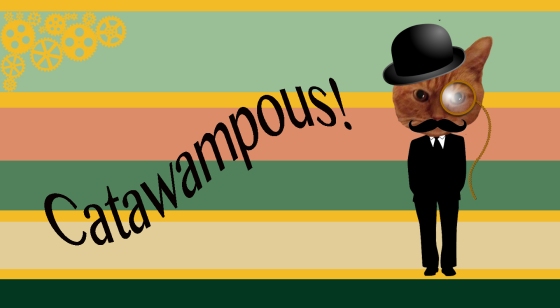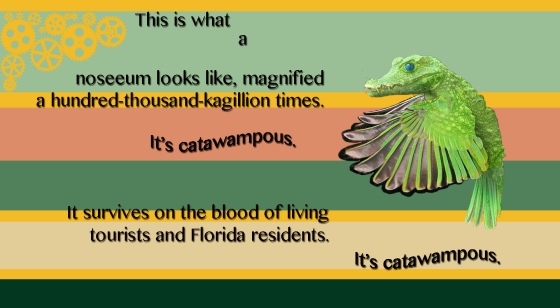If you are going to be a man, be a gentleman. Dressing well may be the first step, but there’s clearly more to it than that. The necktie is a great place to start!
The modern necktie, which is to call it a fashion accessory that is popular in the English-speaking world that is forever envious of French taste, the modern necktie evolved from the cravat, which originated in the Thirty Years War (1618–1648). Croatian mercenaries wore identifying ties around their necks that intrigued the French. In naming the new trend, the word “cravat” flowed from a deviation in the seventeenth-century French pronunciation of word “Croates” (French for “Croatian”).
To this day, International Necktie Day is celebrated in Croatia on October 18th.
The necktie brings me to “The Shirt-Collar” (1848), one of my favourite stories by Hans Christian Andersen.
There was once a fine gentleman who possessed among other things a boot-jack and a hair-brush; but he had also the finest shirt-collar in the world, and of this collar we are about to hear a story.
The story takes place after the shirt-collar decides he wants to get married. The chief obstacle that the shirt-collar faces in this endeavour is that he is not a gentleman at all, but a braggart. That, to me, is part of the seriousness of a well-tied necktie. A well-tied necktie shows people you know how to dress well, so that you don’t have to brag about it. A gentleman’s conduct speaks for him, so he has time to listen.
For my poetry class, I was going to write an ode to the necktie, while tying it into Writer’s Quote Wednesday, like I did last week, but I found that someone beat me to it. F.H. published “An Ode To The Necktie” in the Lawrence Journal on 22 August 1945. It was about this time, in the evolution of the necktie, that they started to take on lovely colours, as you can see in F.H.’s description. Still, due to the hot weather, F.H. isn’t happy with his necktie at all and is jealous of women.
Consequently, I’ve thought about the necktie’s reply.
Which brings me to a final point on what it means to be a gentleman: don’t complain. Certainly never try to argue that things are harder for you than they are for somebody else.
Support the project through my GoFundMe page, or visit my shop.






